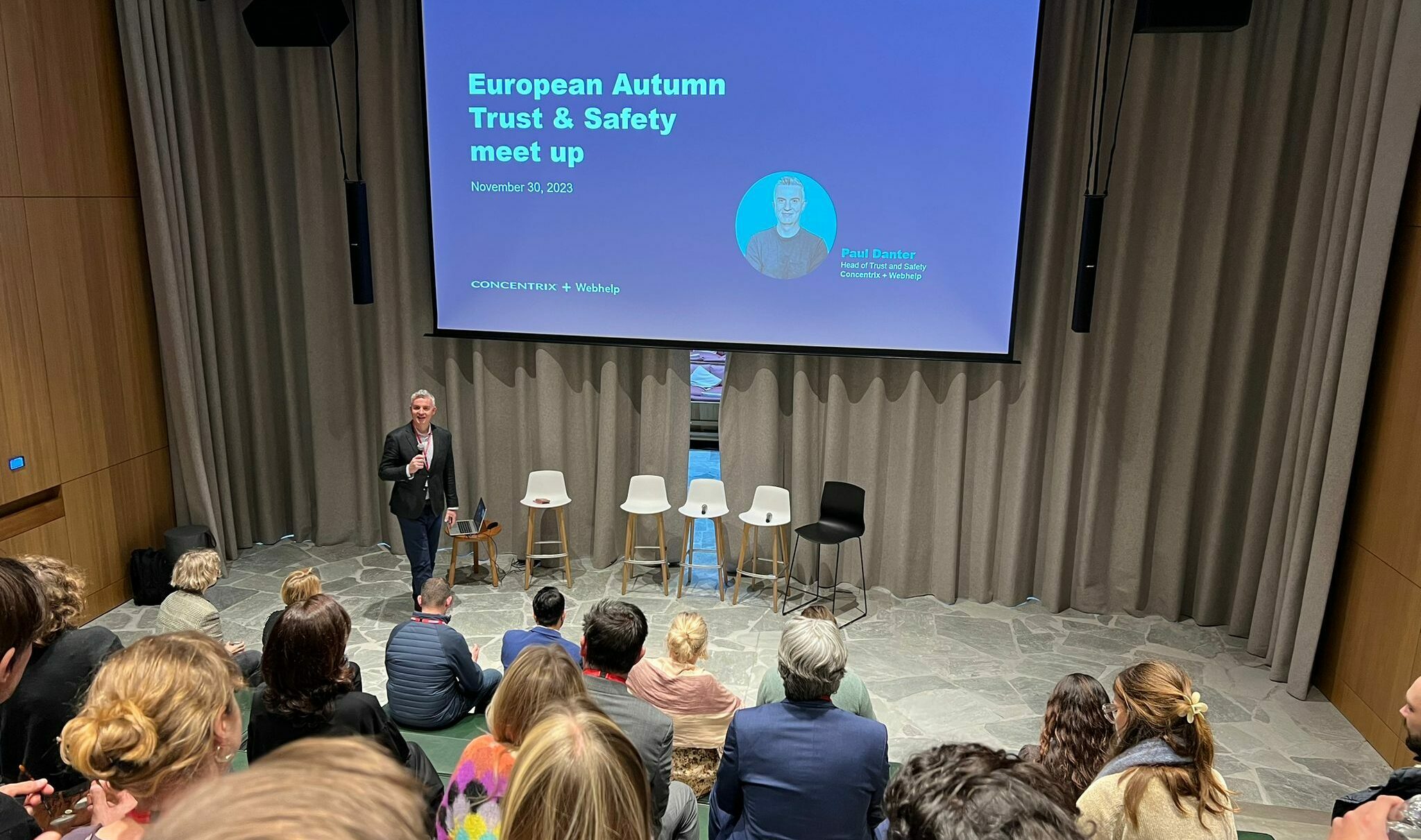Information overload. We all know about that experience at work. The diary that is just too full of meetings. The emails that can only be answered if they are urgent, with the rest of them disappearing into a sea where they are never seen again.
But what about your customers. In general new technologies have been great for customers. They can read reviews, post reviews and comments, check prices, and generally access far more information about products before ever making a purchase, but are they sometimes becoming overloaded with choice?
It wouldn’t be a surprise. Think about your own experience at home. When you had to choose music or movies from what was physically in your living room then it was easy. With Spotify and Netflix you now have access to almost anything at anytime, and yet how many times have you sat there in front of the TV without a clue what to watch or listen to because there is just too much choice?
Retail Customer Experience (RCM) recently published a feature focused on this question and asking if retailers need to start signposting ideal routes to purchase, rather than just allowing customers to find their way through all the choices available. They noted that the average customer using a smartphone is exposed to over 5,000 messages from brands every day. With all this communication is it any wonder that sometimes they just want to be guided?
The RCM feature focuses on in-store merchandising, but I think this problem applies to all areas of retail. The connected customer has more access to information than ever before, but at the same time they sometimes value simplicity and time-saving over choice.
Smart retailers will use the information they have on customers past behaviour and preferences to always offer suggestions that cut through the choice and reflect the usual shopping habits. For instance, if a customer regularly buys French white wine from a specialist retailer then the next time they return, make a few recommendations (and deals) reflecting their usual preferences – don’t just bombard them with the same money-off offers that every customer sees.
I think this issue of information overload and the need to get smarter about using recommendations to cut through the noise will become increasingly important in the year ahead. Customers are more connected than ever, but without context more information is just data. Too much meaningless information can create frustration and that’s the last thing any retailer wants to give to a potential customer.
Do you agree that connected customers are becoming overwhelmed with information? Let me know what you think by leaving a comment here or get in touch via my LinkedIn.

![[Fashion] Choosing the right partners to grow your business in 2024, at a time when trust is fragile](https://media.webhelp.com/wp-content/uploads/2023/12/21090253/Office-Showcase-2.png)


